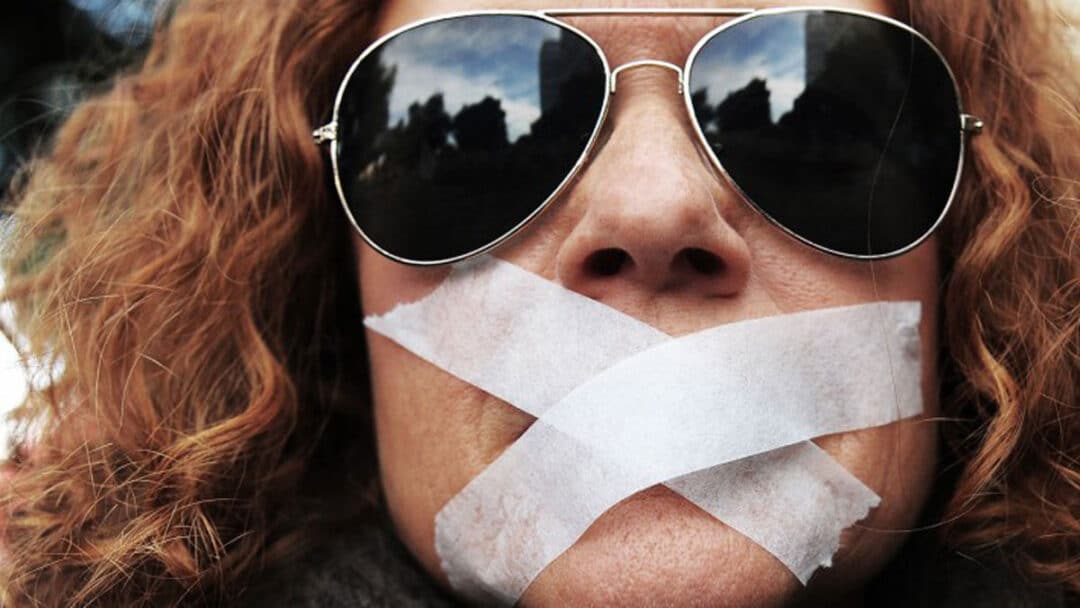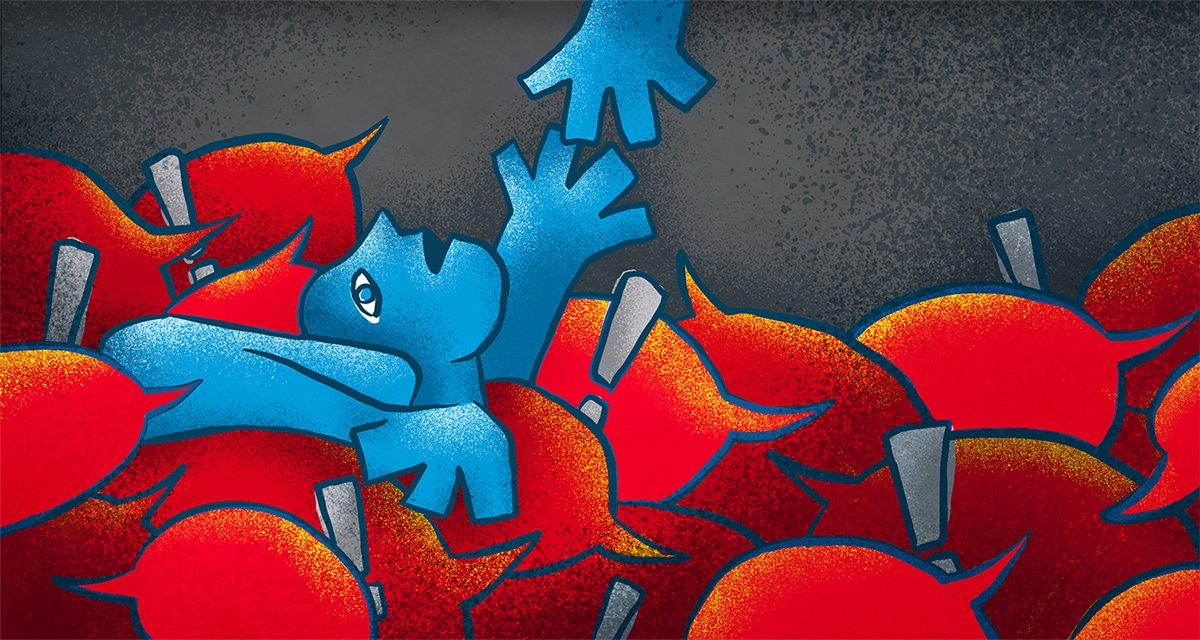

“It’s Not OK Any More”: The United Kingdom Cracks Down on Free Speech
by Jonathan Turley | Aug 22, 2024
The crackdown on free speech continues in the United Kingdom as officials use recent rioting to justify a roundup of citizens who they view as “pushing harmful and hateful beliefs.” The government is ramping up arrests of those with “extremist ideologies” in the latest wave of arrests. The crackdown includes those accused of misogynist views.In my book, “The Indispensable Right: Free Speech in an Age of Rage,” I discuss how difficult it is to get a free people to give up freedoms. They have to be afraid, very afraid. For that reason, governments tend to attack free speech during periods of public anger or fear.
That pattern is playing out, yet again, in the United Kingdom. The recent anti-immigration riots have given officials a renewed opportunity to use anti-free speech laws to target those with opposing views.
For years, I have been writing about the decline of free speech in the United Kingdom and the steady stream of arrests.A man was convicted for sending a tweet while drunk referring to dead soldiers. Another was arrested for an anti-police t-shirt. Another was arrested for calling the Irish boyfriend of his ex-girlfriend a “leprechaun.” Yet another was arrested for singing “Kung Fu Fighting.” A teenager was arrested for protesting outside of a Scientology center with a sign calling the religion a “cult.”Last year, Nicholas Brock, 52, was convicted of a thought crime in Maidenhead, Berkshire. The neo-Nazi was given a four-year sentence for what the court called his “toxic ideology” based on the contents of the home he shared with his mother in Maidenhead, Berkshire.
While most of us find Brock’s views repellent and hateful, they were confined to his head and his room. Yet, Judge Peter Lodder QC dismissed free speech or free thought concerns with a truly Orwellian statement: “I do not sentence you for your political views, but the extremity of those views informs the assessment of dangerousness.”
Lodder lambasted Brock for holding Nazi and other hateful values:
“[i]t is clear that you are a right-wing extremist, your enthusiasm for this repulsive and toxic ideology is demonstrated by the graphic and racist iconography which you have studied and appeared to share with others…”
Even though Lodder agreed that the defendant was older, had limited mobility, and “there was no evidence of disseminating to others,” he still sent him to prison for holding extremist views.
After the sentencing Detective Chief Superintendent Kath Barnes, Head of Counter Terrorism Policing South East (CTPSE), warned others that he was going to prison because he “showed a clear right-wing ideology with the evidence seized from his possessions during the investigation….We are committed to tackling all forms of toxic ideology which has the potential to threaten public safety and security.”
“Toxic ideology” also appears to be the target of Ireland’s proposed Criminal Justice (Incitement to Violence or Hatred and Hate Offences) law. It covers the possession of material deemed hateful. The law is a free speech nightmare. The law makes it a crime to possess “harmful material” as well as “condoning, denying or grossly trivialising genocide, war crimes, crimes against humanity and crimes against peace.” The law expressly states the intent to combat “forms and expressions of racism and xenophobia by means of criminal law.”
The Brock case proved, as feared, a harbinger of what was to come. The home secretary, Yvette Cooper, has vowed to crack down on people “pushing harmful and hateful beliefs.” That includes what she calls extreme misogyny.
Cooper said that the problem revealed by the recent protests was “gaps in the current system” and stressed that “it’s not OK any more to ignore the massive growing threat caused by online hatred towards women and for us to ignore it because we’re worried about the line, rather than making sure the line is in the right place as we would do with any other extremist ideology.”
She added: “For too long governments have failed to address the rise in extremism, both online and on our streets, and we’ve seen the number of young people radicalised online grow. Hateful incitement of all kinds fractures and frays the very fabric of our communities and our democracy.”
For free speech advocates, it is chilling to hear UK officials state that they have been too lax on free speech in the past and must now take censorship and arrests more aggressively.
The United Kingdom has a myriad of laws criminalizing speech with vague terms allowing for arbitrary enforcement. For example, Public Order Act 1986 prohibits any expressions of racial hatred, defined as hatred against a group of persons by reason of the group’s color, race, nationality (including citizenship) or ethnic or national origins.
Section 18 of the Act specifically includes any speech that is “threatening, abusive, or insulting.” An arrest does not have to be based on a showing of intent to “stir up racial hatred,” but can merely be based on a charge that “having regard to all the circumstances racial hatred is likely to be stirred up thereby.”
For those Americans who have remained silent during as this anti-free speech movement grows, you need only to look to the United Kingdom to see what this movement means for our “indispensable right.” That wave has now reached our shores and it will require each one of us to defend a right that defines us all.





0 Comments